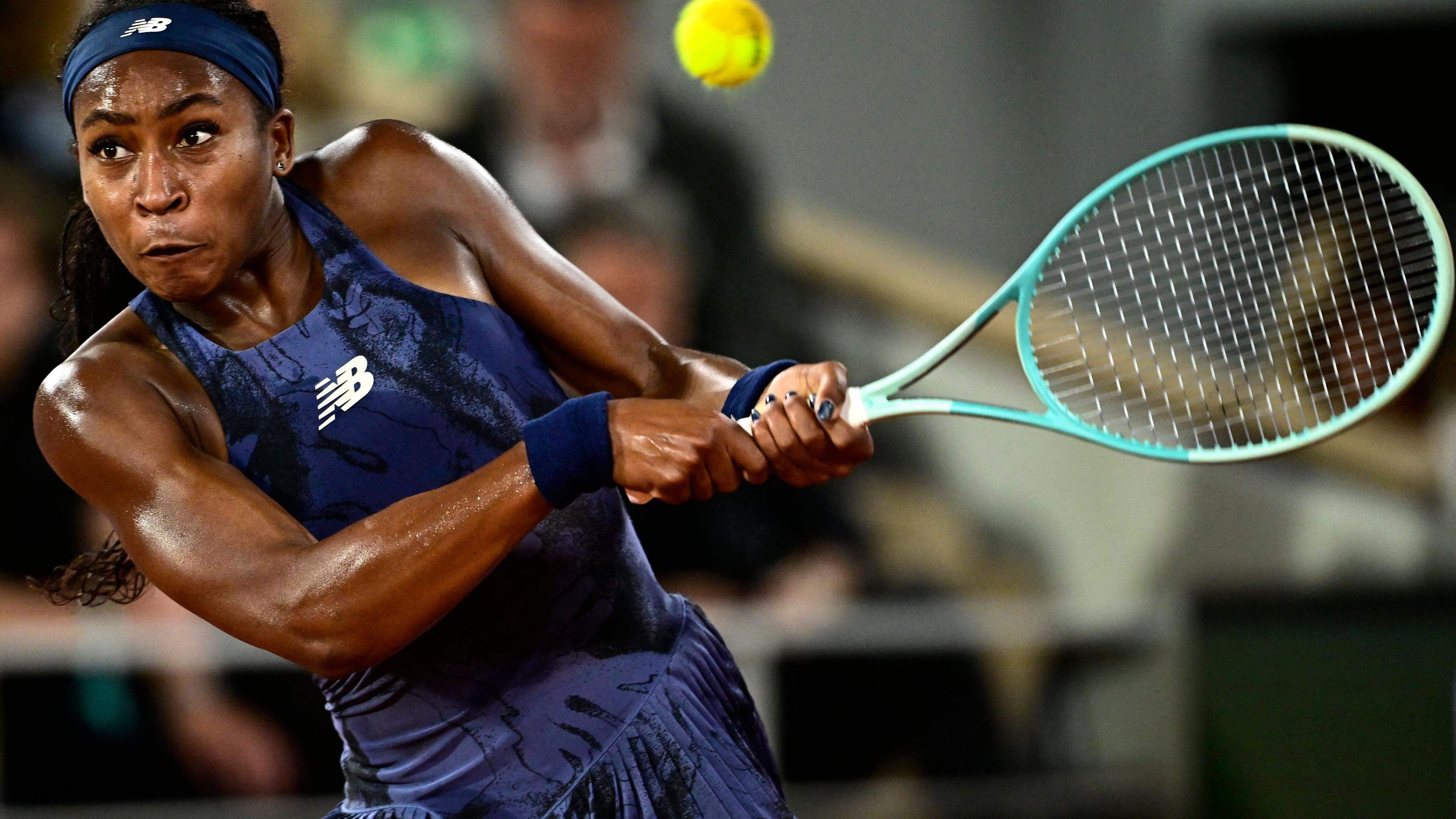Faber does not have to leave the House of Representatives, Wilders comes with a double message
:format(webp)/s3/static.nrc.nl/wp-content/uploads/2025/04/01100951/data130210837-cf1209.jpg)
PVV minister of asylum Marjolein Faber tries it a few times, in the cabinet profession of the large debate room: making eye contact with Prime Minister Dick Schoof, who sits next to her. After almost an hour she leans forward and looks aside, and she keeps looking. But shove does not look at her. He picks up his pen and writes something, although it is unclear what that can be about. In the debate about the ribbons for volunteers who did not want to sign Faber, nothing is asked to him at that time.
Schoof thinks he didn’t have to sit there. He did not want to and had announced that on Wednesday morning to the Lower House, what the others, including the coalition, was seen as: it is Fabers problem, says Schoof. Her is a motion of no confidence above her head, she has to solve it herself. Only after the opposition had threatened to vote on his presence, he decided to come anyway.
On Tuesday evening he should have been in Ghent at a top meeting with the Flemish government. Instead, he was in his office in The Hague, from half past ten to half past ten together with the four party leaders of the coalition: PVV leader Geert Wilders, Dilan Yesilgöz of the VVD, Nicolien van Vroonhoven of NSC who always replaces Pieter Omtzigt, and BBB leader Caroline van der Plas. They had also eaten together: Indian buffet. With soft drinks, no alcohol. It was about Marjolein Faber all evening, who was not there himself. There was contact with her. It was the intention of Schoof that she would show something of regret to the House of Representatives.
Read also
Faber refused, but Schoof and Uitermark appear to be willing to distinguish COA volunteers with a ribbon
Irritation about Faber
Around Prime Minister Schoof has been clear for a while that he is starting to get enough of how Faber puts him into trouble every time and undermines his authority. Last Friday she had dropped out of the cameras for the weekly meeting of the Council of Ministers. She was « finished » that her proposal to withdraw the Spreading Act was not on the agenda again. That was because that law is not yet finished, but according to Faber it came through Schoof. He then first spoke separately in the Catshuis, to make it clear to her that you don’t do it that way.
Schoof already knew, through the chapter of the civil orders, that Faber did not feel like it signs for the royal awards of five people who had volunteered for asylum seekers. According to her, it was « perpendicular to » her « strict asylum policy. » Shoved it to have solved it by signing the ribbons for the ribbons, together with Minister of the Interior Judith Uitermark. If it hadn’t come out after that, Schoof says in the debate on Wednesday, « you would never have heard anything about it. » Then « in the bosom of the cabinet » had stayed that people thought differently about those five ribbons.
And that is what it is about in the Lower House all Wednesday: according to the majority of the opposition, Faber has broken the unity of cabinet policy. And that is not allowed, ministers and state secretaries always speak on behalf of the entire cabinet. In a letter that she sent to the Lower House on Tuesday evening, Faber tries to take that idea away. As the coalition had discussed with Schoof in his office. She « regrets » that in question time on Tuesday she had emphasized too often why she didn’t want to put her signature. And she writes that she is « 100% » behind the decision of Schoof and Uitermark and therefore does not undermine the unit. But she does not say that she should have put her signature, or will do that next time.
‘Backbone’
A double message, which also sounds from the mouth of Wilders on Wednesday in the main hall. He praises Faber for her « backbone. » « She says what she thinks. » On X Wilders had said for days how great he loved her resistance to the ribbons. In the debate hall he suddenly comes with the fact that it is ‘very decent’ of those volunteers that they ‘help’ people. According to him, they do not earn a ribbon because they participate in « the total package of the attractiveness of the Netherlands for foreigners ».
Wilders also says that Faber does support the unity of the government policy. According to him, she had only « pronounced the intention » to refuse her signature. So there had been « formally not a moment » of difference in cabinet policy. A procedural argument, hardly understandable.
Also sheaf needed many words and contradicts herself: she had not violated the unity of the cabinet, it was now ‘recovered’. Despite his irritation about Faber, he continues to support her. He says he has « trust » in her and that she works « hard. »
The motion of no confidence against Faber, submitted by GroenLinks-PvdA leader Frans Timmermans, is supported by D66, CDA, SP, ChristenUnie, DENK, VOLT and the Party for the Animals but does not make it. The coalition parties vote against. VVD member Yesilgöz does say that she is « nasty » because, according to her, Faber urgently needs to « get started » to seek support for her policy in the Second and Senate. NSC member Van Vroonhoven believes that Faber is due to himself that she has been debated for hours. « That was unnecessary and childish. »
All at the end of the debate, Faber did pushed each other, they laugh and talk to each other. Schoof had not wanted to say anything to journalists in the breaks because the debate was still going on at the time. But when it is ready, he still escapes the cameras. In passing, he only says: « I just had a whole debate. » Faber, a few seconds later, says exactly the same.
Read also
Coalition: still looking for unity

:format(webp)/s3/static.nrc.nl/wp-content/uploads/2025/03/29201140/data130069298-de76ca.jpg)
/s3/static.nrc.nl/images/gn4/data133317775-d0126f.jpg)
:format(webp)/s3/static.nrc.nl/bvhw/wp-content/blogs.dir/114/files/2021/11/trujilo-vierkant.png)
/s3/static.nrc.nl/images/gn4/stripped/data133311162-89da16.jpg|https://images.nrc.nl/0GhfYXflp44vL8qLyvwS0lBuz-I=/1920x/filters:no_upscale()/s3/static.nrc.nl/images/gn4/stripped/data133311162-89da16.jpg|https://images.nrc.nl/eiTEPfNVErZvLkKwpzeS_a75FXk=/5760x/filters:no_upscale()/s3/static.nrc.nl/images/gn4/stripped/data133311162-89da16.jpg)


